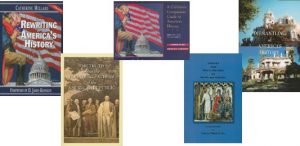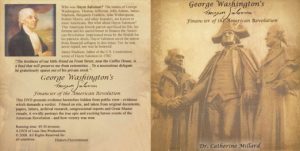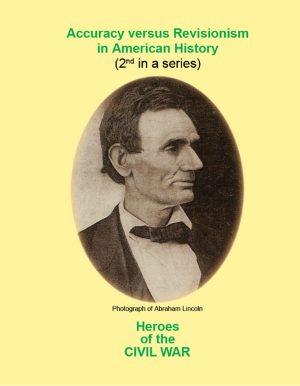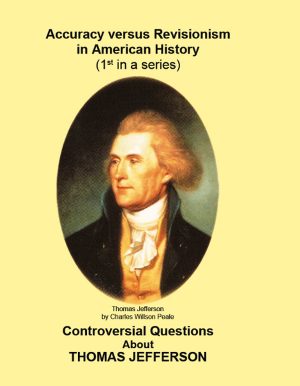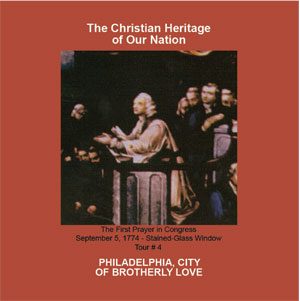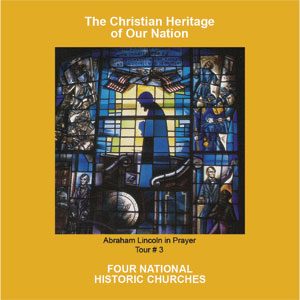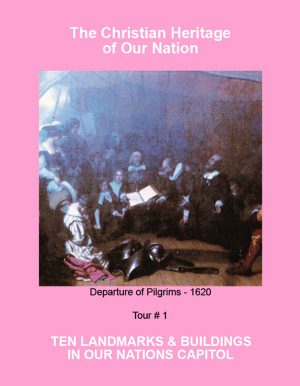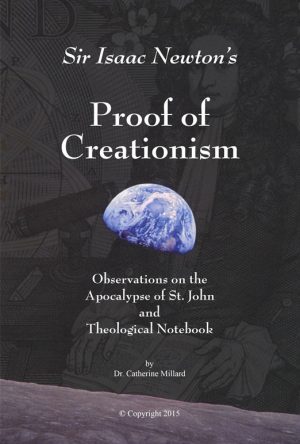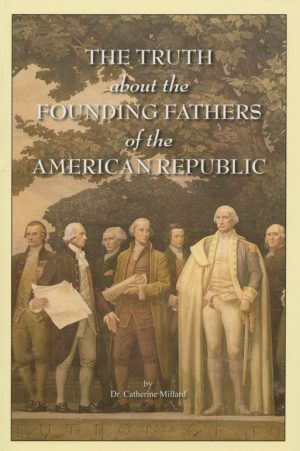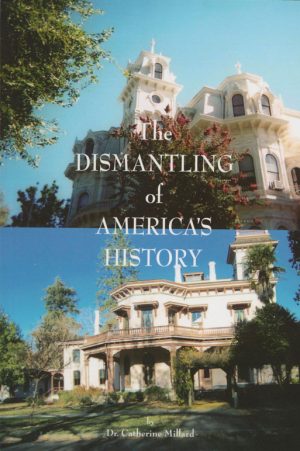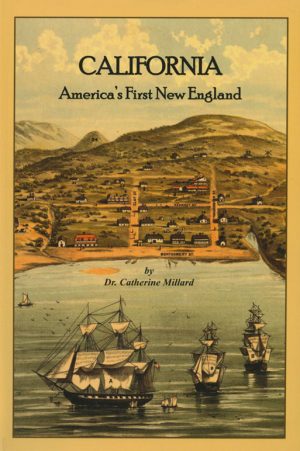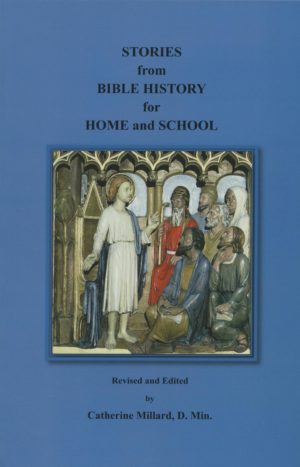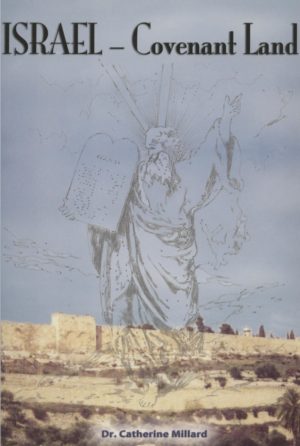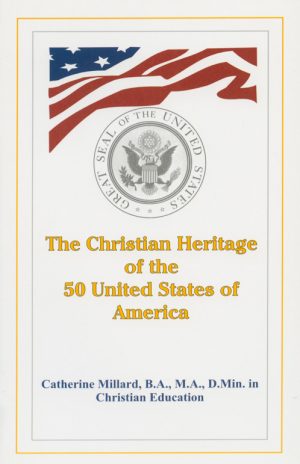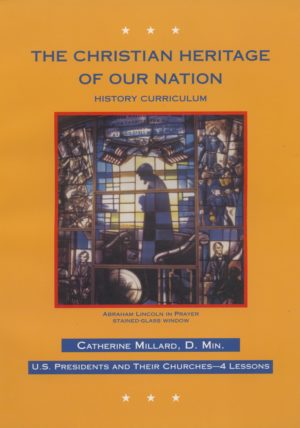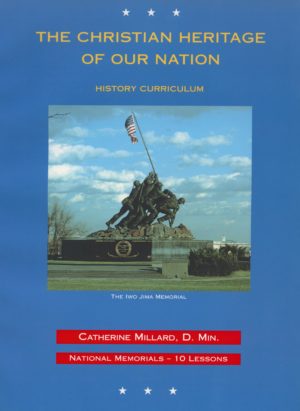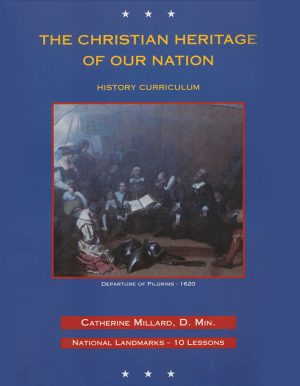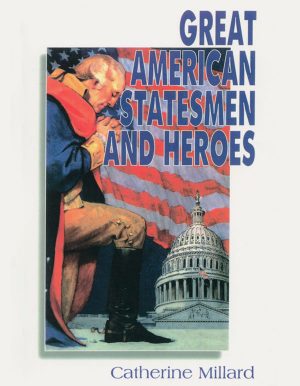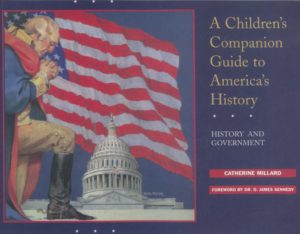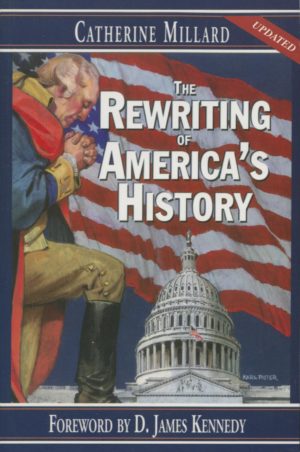Four Memorial Services were conducted at the Old Presbyterian Meeting House in Alexandria, Virginia, by: Reverend James Muir, D.D., pastor; Reverend Thomas Davis, Jr., pastor of Christ Church, Alexandria; Reverend James Tolleson, of the Methodist Church and Reverend William Maffit, Headmaster of the Alexandria Academy.1 Following is Rev. Dr. James Muir’s excerpted Sermon:
Funeral Sermon
on the Death of
GENERAL WASHINGTON,
delivered the 29th of December, 1799
by the Revd. Dr. Muir
“Know ye not there is a Prince, and a great man fallen this day in Israel.”
2 Samuel 3:38
David here pays an honorable tribute to the memory of Abner, who had been Saul’s chief counselor and high in command in the army Abner fell, but his actions survived: these David commemorated in an impressive manner. I shall, through Divine assistance, illustrate this subject as an introduction to the melancholy duty which we are met this day to perform…
Some, insensible to the great loss which had been sustained were ready to blame the mourning for Abner’s death, as carried to excess. To such David addressed himself, “know ye not that there is a Prince, and a great man fallen this day in Israel.” Where can you expect to find such an assemblage of excellent qualities? Whose patriotism, influence, and valour are equal to his? Is not the pillar of the state gone? A name erased, which to your enemies was terrible as an army with banners? Well might darkness veil the land, and universal trembling prevail. It was a tempestuous season, and the man who was best qualified to steer the vessel thro’ the storm had been taken off.
Are not our circumstances similar to the circumstances of the Israelites, at the moment to which the text draws our attention? Has not a great man fallen this day in America – and when was the day seen more eventful, which called so loud for the wisdom and intrepidity, which the best friend this country ever had, possessed in so eminent a degree? The name of WASHINGTON shall be long revered by the American people, by European nations – by mankind in general! – Providence raised him up for important service…
You were well acquainted with his noble and engaging appearance. The characteristics of his mind were order and dignity, firmness and courage, caution in taking his measures, and perseverance in carrying them into effect – a love for his country, and a love for mankind. – These qualities early appeared, and have spread a lustre over the whole of his private and of his public life. The encroachments of the French on the Ohio, in the year ’53, were alarming to the Colony, who commissioned our patriot, then a youth, to demand the reason of these hostilities, and to require them to desist; which commission he executed with a punctuality, intelligence and address, far beyond what could have been expected of his years. In the year ’54, with a handful of men, at Fort Necessity, he bravely defended himself against a formidable force of French and Indians, and procured an honorable capitulation. The disdainful treatment which he received from General Braddock, in the year ’55, did not withhold him from covering the retreat of his broken, flying, dispirited troops, and preventing them from being entirely cut off.
From this period until the Revolutionary War, his attention was principally directed to improvements in agriculture, whilst his country enjoyed his services, as member of the Assembly, a magistrate of the county, and a judge of the court. He was a delegate from this State to the first Congress, in the year ’74, and unanimously chosen in the year ’75, to be Commander-in-Chief of all the American forces. He heard with inexpressible concern the duty which his country imposed, lest his ability and military experience might not be equal to the extensive and important trust. He called upon Congress in the most pointed language, to keep in mind, should he meet any disaster, what were his present painful apprehensions. Self-diffidence is an attendant upon great minds, whilst on the one hand it withholds from presumptuous attempts, on the other it excites the highest exertions.
That Congress were not mistaken in their man, has been universally acknowledged…Often we find him in extreme danger – often he encountered the most depressing discouragement; but his genius met, unshaken, every danger and every discouragement. Want of success in some instances, produced no want of confidence. This is the more remarkable, as it is well known that mankind are too apt, under an unexpected reverse, to listen to pernicious counsels, and to abandon measures the most prudent and the most safe.
The struggle was tedious and severe, but answered in the issue most sanguine expectation. The American nation arose and became conspicuous – their hero’s character was then established. In no instance had he preyed upon his country, to enrich himself; their civil rights, even in war, had been respected, unavoidable calamity was never unnecessarily aggravated.
The love of country alone led him to the field, from which when the painful service was effected, he hastened amidst the blessings of millions to his home for retirement, where he would have spent his remaining years, but he could not resist his country’s call impelling him again into public life. He helped in framing the present Constitution and executed during eight years, amidst occurrences momentous, critical and uncommon, the office of Chief Magistrate, so as to preserve the country from the vortex of European contention, and to command respect for its Government. Then he retired with dignity from office, expressing for his countrymen the affection of a father, and leaving with them sage, experienced and wholesome advice.
Though retired, it was gratifying to know that he was still among us. His name was equal to an Host. Never was a man more justly revered. Going lately to Congress among others as a private citizen, to hear the President’s Speech, the Congress rose in a body as he entered; in them his country did him homage: what were his feelings at so voluntary, so public, and so unusual marks of approbation to his conduct? How must they have confounded the miscreant who daring to asperse the oracles of truth, was not withheld by former obligations from abusing a character which shall live long after his has shrunk into deserved oblivion? – O Washington, thine enemy shall gain no credit. Thou didst possess a humane and benevolent mind. Thy neighbors bear thee witness. The ignorant whom thy bounty instructed; and the hungry whom it fed; the naked whom it clothed; and the sick whom it relieved, call for blessings upon thy remembrance.
But is remembrance all which now remains of this great, this princely patriot? Alas! To us, it is no wall. We lately beheld him well and active; retaining in full vigor his uncommon powers of mind, rejoicing in his country’s welfare, and ready to renew his labours in her service, but his days were numbered, his years were all run out. Exposed in the late severe weather, and apprehending no danger from an exposure to which he had long been accustomed, he was seized with an inflammatory complaint which the skill of very able physicians could neither abate, nor remove. He did not languish more than twenty-four hours. From the first attack of the disease he was impressed that he would fall – he has fallen – and his fall has spread consternation and grief thro’ this land.
Zion mourns his loss for he was her protector. Enumerating his official papers, events, prosperous or adverse in the most pointed, in the most express, in the most devout manner, he acknowledges the interposition of a particular Providence. He had always been exemplary at the head of the army, and in the first office of Government, giving regular countenance to public worship. Of the religious rights of his country he was as tender as of her civil. We have reason to exclaim with Elisha, when Elija was no more, “My father, my father, the chariot of Israel, and the horsemen thereof.” (2 Kings 13:14)…
Who, my brethren, hath put wisdom in the inward part, and given understanding to the heart? Is it not the inspiration of the Almighty? Whence else proceeds counsel and might? Did not God qualify Moses to legislate for the Israelites; and Joshua to fight their battles? Blessed with magistrates of noble and dignified minds, who eat in due season for strength and not for drunkenness, are we not indebted for that happiness to the Eternal? Is not He the source whence promotion cometh? Judging among men, does he not put down one, and let up another? When nations are oppressed through the imbecility or wickedness of their rulers, it is the frown of Providence indicating displeasure and rebuke, but enlightened, able, upright rulers, are blessings which we ought highly to prize. Such, the dignified man who has this day fallen in America.
This loss recalls our thoughts to the Father of Lights with whom is no variableness neither shadow of turning; (James 1:17) and the first sentiment which ought to impress the heart, is a sentiment of gratitude, that he from whom proceeded every good and perfect gift should have continued with us so long the Wisdom, the Service, and the Example of one so eminently distinguished. He equaled the worthies of antiquity, and would have shone even in the Apostle’s list, when speaking of Gideon, and of Barak, and of Sampson, and of Jephthae; of David also, and of Samuel, and of the Prophets; who through faith subdued kingdoms, wrought righteousness, obtained promises, stopped the mouths of lions, quenched the violence of fire, escaped the edge of the sword, out of weakness were made strong, waxed valiant in fight, turned to flight the armies of the aliens. (Hebrews, chapter 11, verses 32-34)…
Each of you, brethren, shall in your turn drop off. The moment is fixed, and can be at no great distance. You are not certain of a week or of a day, much less of a month or of a year. Why lay plans for futurity which you may not live to execute? Live each day as if it were your last. Let it be employed in the service of God, and of man. In this service be diligent and persevering, for there is no work, nor knowledge, nor device in the grave to which you are hast’ning…All creatures are to us what God is pleased to make them. On this account it becomes an indispensable duty, and an express injunction of our Holy Religion that “Supplications, prayers, intercessions, and giving of thanks, be made for all who are in authority – that we may lead a quiet and peaceable life, in all Godliness and honesty.
May God bless His Word, and so His name be praised. – Amen.2
To learn more, click here. (Founders Book)
___________________________
Bibliography:
1
Archives of the Old Presbyterian Meeting House, Alexandria, Virginia.
2
Muir, James, D.D. Funeral Sermon on the Death of General Washington, delivered the 29th of December, 1799. Archives of the Old Presbyterian Meeting House, Alexandria, Virginia.
